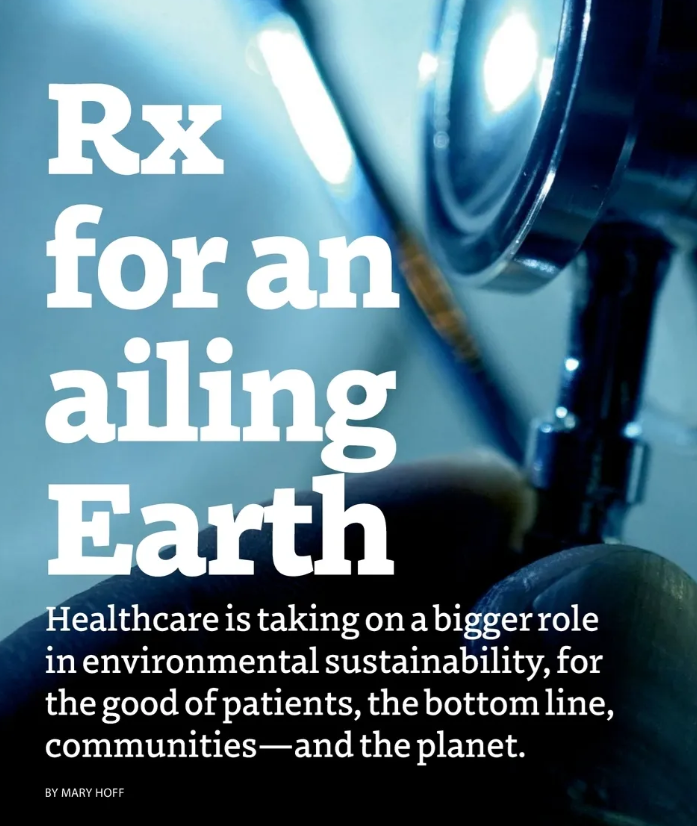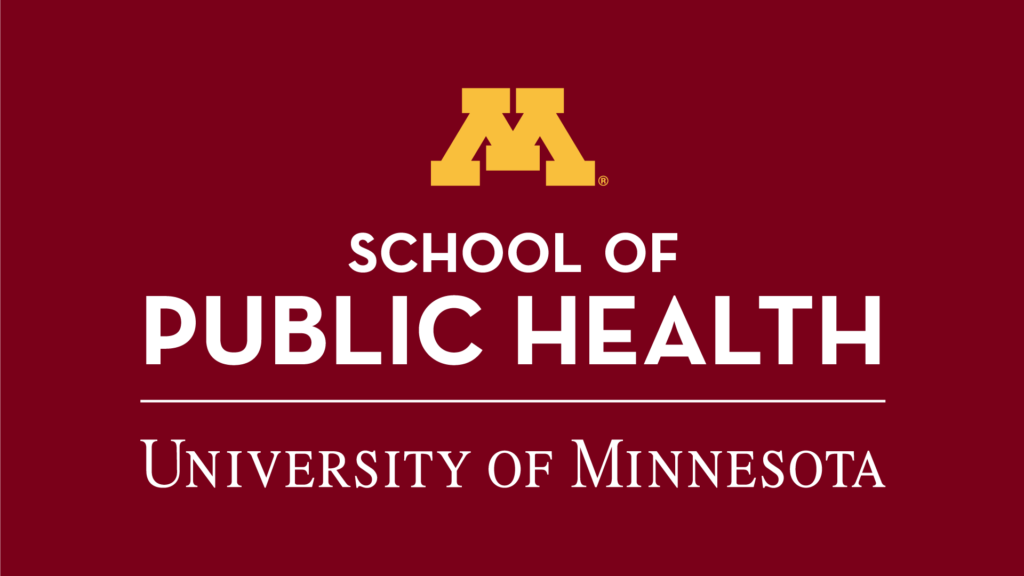Dr. Bruce Snyder, co-founder of Health Professionals for a Healthy Climate, worries about a repeat summer of thick, hazy smoke in the air creating unhealthy conditions… Snyder emphasized it is not just air pollution from wildfire smoke to worry about. He pointed out there are other ways a person’s health can suffer from climate change.
“We’ve got many more dangerous insects — ticks, mosquitoes, and so forth,” Snyder stressed. “This is having a profound effect on our wildlife. But also, we’re seeing a lot more progressively rising rates of Lyme disease, of West Nile virus.”
Year-over-year statistics may vary, but state health officials say the median number of Lyme disease cases has risen in the past decade. Snyder added adverse health effects of climate change can be much harder for populations lacking stable housing.
“‘The LCFS is, like ethanol itself, out of date,” the environmental groups wrote in that February letter, using an acronym for low-carbon fuel standard. “They have both been left behind by electrification.'”
“‘If we had tried to do this in Minnesota 10 years ago, I might have been supportive,” said Kathleen Schuler, policy director for Health Professionals for a Healthy Climate. She participated in the working group and then signed the letter opposing its recommendation. “Now, this policy hangs on to liquid fuels longer than we need to.'”
Healthcare is taking on a bigger role in environmental sustainability, for the good of patients, the bottom line, communities — and the planet.
Michael Menzel, MD, has seen lots of changes over his 32-year career as an anesthesiologist. Many were positive. But one, not so much. “I watched the transition from reusable equipment in the operating room to disposable, and it was just striking how much garbage is created per surgery. That kind of lit this light bulb in me. I said, we’ve got to figure out a way to do this better.”
Menzel has spent much of his career doing just that — and mobilizing other healthcare professionals to do so, too. In 2014 he co-founded Health Professionals for a Healthy Climate.
A coalition of environmentalists and north Minneapolis advocates are calling on Hennepin County to close the Hennepin Energy Recovery Center, known as the HERC, as early as 2025. They say it’s imperative to reduce health impacts of the trash-to-energy plant located next to Target Field
…
The Zero Burn Coalition includes Health Professionals for a Healthy Climate, an organization of physicians and other healthcare professionals that advocates for removing the health risks posed by air pollution and climate change. The coalition contends county leaders have a responsibility to remove any sources they can identify and control, especially those that have an disproportionate impact on persons of color living in lower income neighborhoods.
HPHC board chair, Brenna Doheny, and HPHC member, Laalitha Surapaneni, published a research article evaluating the effectiveness of HPHC’s video on the health impacts of air pollution. They surveyed health professionals before and after watching the video and found that it significantly improved participants’ knowledge about air pollution and health and increased their level of comfort in counseling at-risk patients.
HPHC board member, Johannah (Jo) Bjorgaard, and HPHC advisory council member, Teddie Potter, published nurse-lead research about healthcare decarbonization efforts. Human-generated greenhouse gas (GHG) emissions are the largest contributor to climate change worldwide. In the United States, the healthcare industry is responsible for approximately 8.5% of carbon emissions. While measuring baseline GHG emissions is the first step in emissions reduction, very few measurement models exist for health care organizations. Bjorgaard and Potter’s research focused on creating a program to measure and track greenhouse gas emissions at a midwestern academic medical center.
Jocelyn Leung, a researcher at the School of Public Health (SPH) Center for Public Health Systems, has been awarded a prestigious 10-month fellowship for the 2023-2024 academic year. The fellowship, awarded by Health Professionals for a Healthy Climate, is designed for health professionals from a variety of disciplines who are concerned about the public health impacts of climate change. Leung said she plans to use the fellowship to explore climate change’s impact on mental health, and to research the role of public health professionals in alleviating this growing public health challenge.
It’s been a record-setting summer for hot temperatures across the world.
The Twin Cities ended June as the third-hottest on record and Earth recorded the hottest global temperatures in the first week of July.
MPR News host Angela Davis talks with her guests about the dangers of extreme heat, how we can protect ourselves and what the future might hold with our changing climate.
…
“These are days that call for us to be really strongly watching out for one another, ” said [HPHC co-founder] Teddie Potter. “This is not a sign of weakness to say ‘I need to sit in the shade for awhile’, or ‘I need to get some added water.’ “
Minnesota has experienced its worst air quality on record in 2023. The Minnesota Pollution Control Agency issued 24 air quality alerts so far this year for days when the air was polluted enough to be considered either unsafe for everyone or unsafe for vulnerable groups. One day, the Twin Cities had the worst air quality in the country.
Listen to a conversation between HPHC member, Dr. Laalitha Surapaneni, MD, MPH and MPR’s Angela Davis regarding air quality.
As temperatures rise, farmers face a scorching reality. Heat-related illnesses pose a grave threat, but by embracing heat safety measures, we can cultivate a healthy and resilient farming community.









